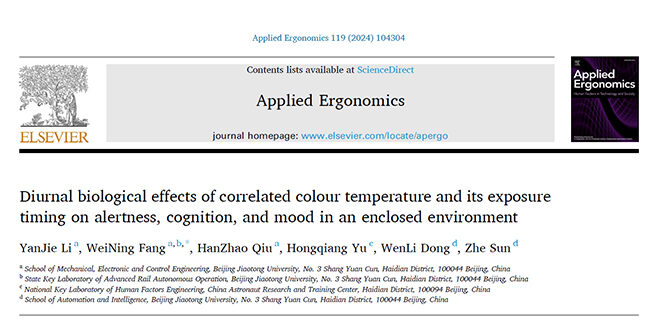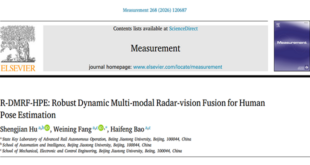Artificial lighting, which profits from the non-visual effects of light, is a potentially promising solution to support residents’ psychophysiological health and performance at specific times of the day in enclosed environments.However, few studies have investigated the non-visual effects of daytime correlated colour temperature (CCT) and its exposure timing on human alertness, cognition, and mood. However, the neural mechanisms underlying these effects are largely unknown. The current study evaluated the effects of daytime CCT and its exposure timing on markers of subjective experience, cognitive performance, and cerebral activity in a simulated enclosed environment. Forty-two participants participated a single-blind laboratory study with a 4 within (CCT: 4000 K vs.6500 K vs. 8500 K vs. 12,000 K) × 2 between (exposure timing: morning vs. afternoon) mixed design. The results showed time of the day dependent benefits of the daytime CCT on subjective experience, vigilant attention,response inhibition, working memory, emotional perception, and risk decisions. The results of the electroencephalogram (EEG) revealed that lower-frequency EEG bands, including theta, alpha, and alpha-theta, were quite sensitive to daytime CCT intervention, which provides a valuable reference for trying to establish the underlying mechanisms that support the performance-enhancement effects of exposure to CCT in the daytime. However, the results revealed no consistent intervention pattern across these measurements. Therefore, future studies should consider personalised optimisation of daytime CCT for different cognitive demands.
YanJie Li a, WeiNing Fang , HanZhao Qiu , Hongqiang Yu , WenLi Dong , Zhe Sun.Diurnal biological effects of correlated colour temperature and its exposure timing on alertness, cognition, and mood in an enclosed environment.Applied Ergonomics 119 (2024) 104304.https://doi.org/10.1016/j.apergo.2024.104304
 复杂系统人因与工效学研究所
复杂系统人因与工效学研究所

